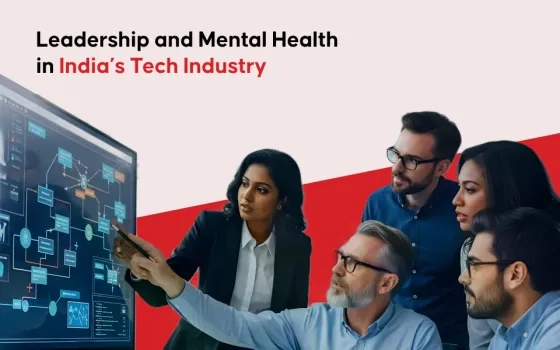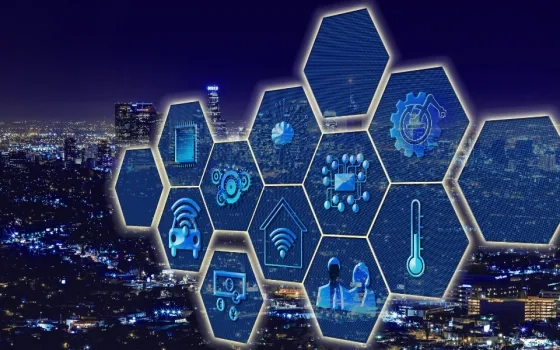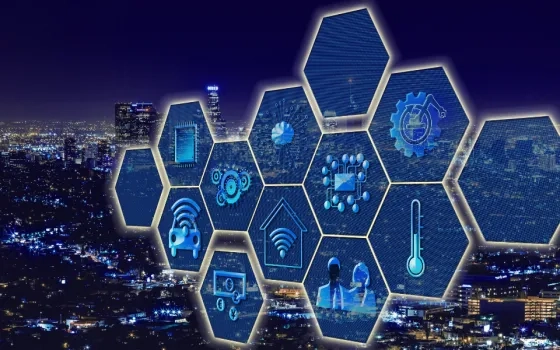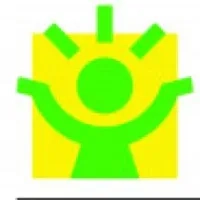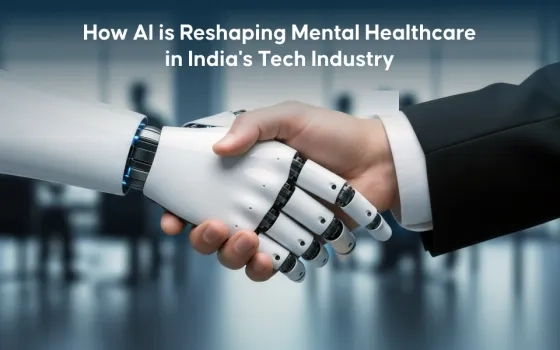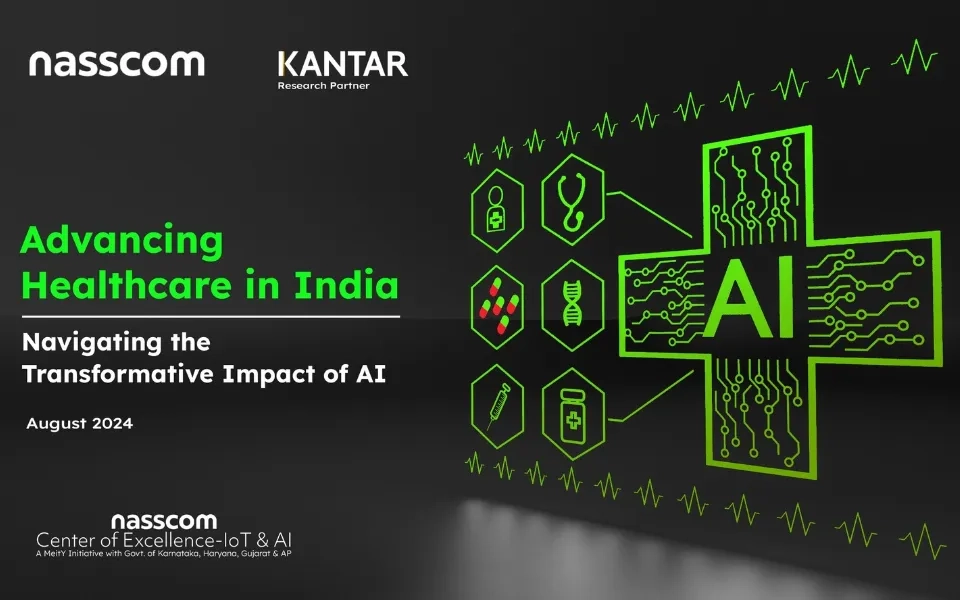Imagine taking ill when you’re overseas. More than ruining a vacation or a business trip, it’s also one of the most alarming scenarios a person could be caught in on foreign soil. Is travel insurance enough to cover you? Will you get optimum level of medical care? Will medical professionals be able to access your history? Who will be a primary caretaker? All these questions and more played on Harish Rijhwani’s mind when he contracted chicken pox while in the USA.
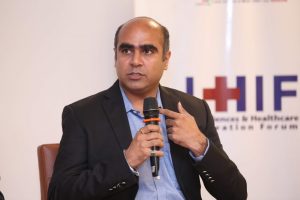
Harish Rijhwani, Author & Healthcare IT Specialist
Here’s an excerpt of his experience from his book ‘Healthcare Decoded – Begin Your Healthcare IT Journey’
Year 2006 in Nashville, Tennessee “….On that morning, I noticed my body had small red spots coming up, even on my head, I could feel small bumps coming up. I ignored the same and went to the office. In the night I decided to use some telemedicine and took a photograph and emailed the same to my Aunt in Washington, who is a radiologist. At that time, WhatsApp did not exist, so we had to use this primitive method of communicating. After sending the photo, I called and asked her, but as the photo was not so great, we could conclude that it was a simple rash. The next day morning the spots seemed bigger, so my colleague with whom I was staying, decided to take me to an urgent care – TUCA (Tennessee Urgent Care Associates). This is where my journey of understanding Healthcare began. We reached TUCA, and sat in the lobby waiting for our turn. Until I waited for my turn, I was handed a form to fill up which had all the information – my name, age, gender, and other information related to my Insurance. Since I was on a business trip, I had insurance, but I did not have an insurance card. So, what did that imply? I had to pay from my pocket and get the same reimbursed directly from the Insurance company. We waited 20-30 minutes in the lobby before my turn. Then, we went to the examination room where the nurse asked me some more questions. The nurse also had a form with her clipped on a writing pad. She asked me various questions around my lifestyle for example – Do you Smoke? Do you Drink? Are you on any medication?
Along with this, she also took my vitals in terms of BP, height, weight, and temperature. She noted down all this information on a form. After all of this is when arrived the hero of the movie – “The Physician,” He looked at the information filled on the chart by the nurse, then looked at the spots and said – Ok So you have Chicken Pox…
Oh, My God!! Here I was making plans to go back, and now I would not be able to travel since I had the Pox (contagious you know – like Shingles). It is important to note that the Chicken Pox Virus causes Shingles. The other reason why it was important for me to reach home as I had an interview for my Part-Time MBA around 17th Feb, and here I was around three weeks from that date unable to travel. The Physician then gave me my prescription and gave me a date for my next visit, which was around 7-8 days away. It was now time to leave, and I had to pay a bill of approx. $200/- out of my pocket, note that this did not include the bill for medications which I had to buy from a nearby pharmacy. After the visit, Mr. Future Pox and I went to the nearby pharmacy to buy my medications. It was interesting to note that the medications provided to me were in custom boxes, i.e., the box had the medication name as well as my name (Patient’s name). I found this new – this is not how I bought medications in India.
The next time when I went for a follow up (after around four days I think so) I did not have to wait, I was told to go and directly sit in the room (this was because I had Chicken Pox – contagious you know!!). Then I went for one final time where the Physician even gave me a certificate stating I can travel. So, I packed my bags, reached India on 18th Feb, and gave my interview on the last day of the schedule…”
Although Rijhwani was fortunate enough to have recovered in time to fly back for his MBA interview, many others haven’t been so lucky. Often, we read media reports of students or working professionals falling ill after moving to a new country, and the healthcare system completely confounds them.
The healthcare industry globally is a multi-billion dollar one, and has become one of the key proponents for economic growth. The stark reality is the strain of healthcare is very high on almost every economy. While countries like Canada and UK are paving the way for building national health programmes, it is undoubtedly an uphill climb. A little over a year ago, India entered the fray with what can be called the world’s largest healthcare programme called Ayushman Bharat. But one of the main challenges faced by all these nations is delivery of healthcare. Technology is the answer that can truly deliver the quality & continuum of care to one and all.
In this book, Rijhwani covers several major issues that highlight the importance of IT infrastructure in healthcare including Electronic Medical Records (EMR), Medical IT industry codes, Revenue Cycle Management, Data Security in Healthcare, Healthcare Analytics and more.
We caught up with the author on why this subject is so close to his heart, and what he believes the future of Healthcare IT looks like.
Tell me why you decided to write this book?
The time I was pursuing a degree in Electronics Engineering, I co-authored the second edition of a book Electromagnetic Fields and Waves, but it did not get published. Ten years on, I was inspired to share my knowledge when I started writing blogs for Syntel’s (Now Atos Syntel) website. From then on, I started to write articles on LinkedIn, Becker’s Hospital Review, and also for my alma mater’s magazine. I felt very happy about sharing my knowledge creatively. Seventeen years in Healthcare IT has made me want to contribute more towards this vast and growing space. IT in Healthcare is not just about implementing one software; its vast domain makes it highly complicated. So, I decided to share some of my learnings via a book Healthcare Decoded – Begin Your Healthcare IT Journey.
What are three major takeaways for you after having written this book?
One of the key takeaways is that Business and Technology need to go hand in hand. Mark Zuckerberg created Facebook as a Business Idea and not as a Technology Solution. In other words, he implemented a Business Idea leveraging Technology, which holds good for almost any Solution. But, in the case of Healthcare, it is even more important; for example, looking at numbers like 204.3, 123.0, you might think these are some random numbers but in actual, these are be ICD-9 diagnosis codes. Finally, I believe, “Knowledge is Power” and Healthcare being, so complex will give you the opportunities to continuously keep learning.
Healthcare IT is a fast growing space in India – what do you think are the biggest challenges in implementing technology in healthcare in India?
India has one of the largest IT workforces in the world; from that aspect, we are very much covered. One of the biggest challenges I believe is Acceptance of Technology (or Change Management) from an end-to-end perspective. The goal of a Physician is to save/improve the quality of life of a patient and not really to enter data in an electronic system. Managing this change via convincing the Physician is key to digitizing Healthcare. Overall, if you look at India, a Government mandate similar to Meaningful Use implemented by Barak Obama in 2009 to Digitize Medical Records will probably help.
What were the major discoveries you made about the healthcare space while writing this book?
I did not want my book to be just theory; I wanted to write in a different way like a novel so that anyone could pick up my book and find it intriguing. To do so, I turned towards history. If anyone has been to an ICU ward in the hospital, one would be aware of the amount of cleanliness maintained to avoid Health/Hospital Acquired infection (HAI). Avoiding unnecessary deaths due to Poor Hygiene was bought to light by Florence Nightingale during the Crimson War. Ultimately Hospitals now need to report different kinds of Quality measures, which kind of indicates how good is a particular Hospital.
How challenging is it to maintain a fine balance between maintaining simplicity in language & ensuring the medical impact isn’t diluted?
Healthcare is not only complicated but is very vast as well, and that’s why it is pretty challenging to maintain that thin line. At some point in one’s life, we have been to a Hospital/Clinic, and to a large extent, people understand some basics of Healthcare as compared to any other industry like Manufacturing for that matter. Each chapter hence begins with my personal experiences (or a Historical Fact) in Healthcare so that the audience can relate to something similar. At the end of each Story, I have tried to link the Business aspect with the technology aspect to get my message across. Overall, I have tried to use the Model of SUCCESs (Simple, Unexpected, Concrete, Credible, Emotional and Stories) explained by “Chip Heath and Dan Heath in their book Made to Stick”
How has the feedback been so far? What are people saying about the book?
Healthcare Decoded is my first Self-Published book via Amazon Kindle, and I have been able to reach out to a decent number of people. People like the storytelling and conversational style and believe it is a good place to start if you want to understand Healthcare IT. Overall, I have received a lot of support from my Family, Friends, and colleagues. The COO of the company I am currently associated with was impressed, and as a sign of support, he procured a set of copies to distribute to the senior leadership in the company.
What would you like to write about next?
My next book is mostly going to be titled “Healthcare Decoded – The Analytics Conundrum.” Via this book, I would like to explore the nitty-gritty of how can one leverage Analytics in the area of Healthcare.
You can download Harish Rijhwani’s book here.
This is part of our ongoing series TechVoice, where we bring to you the leaders of the industry talk about the latest in innovation, technology and trends in their industry sectors. If you want to contribute, write to sindhuja@nasscom.in
For more updates, follow NASSCOM CoE IoT-DSAI on LinkedIn, Twitter, Facebook, and Youtube








